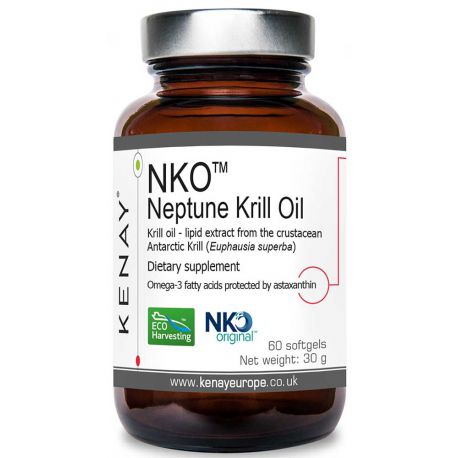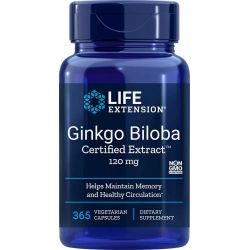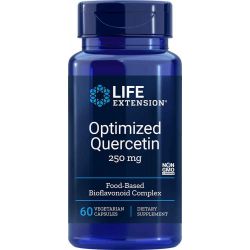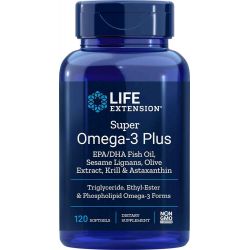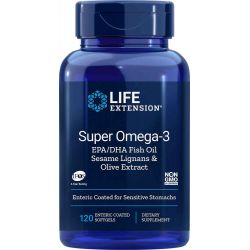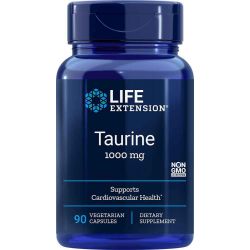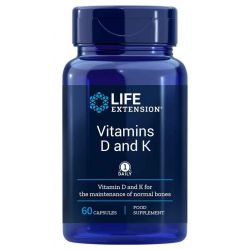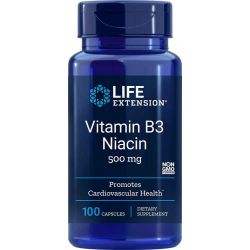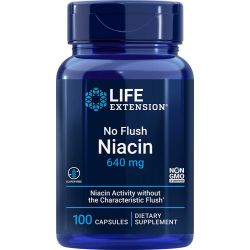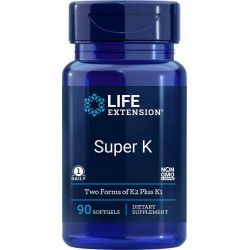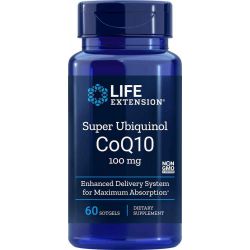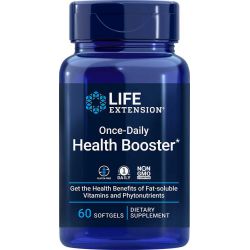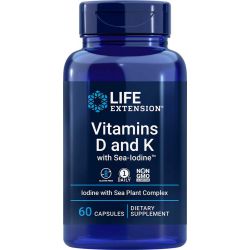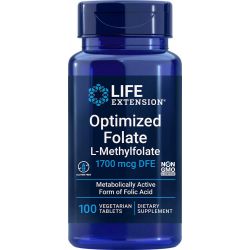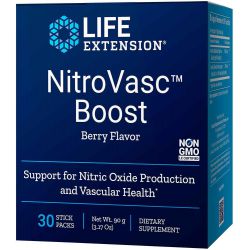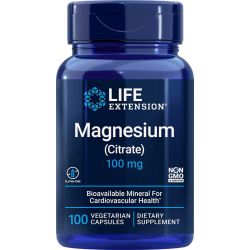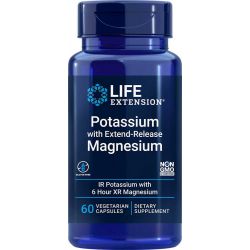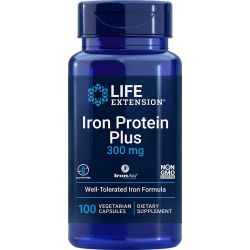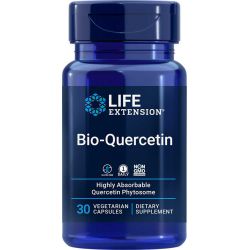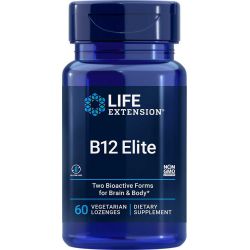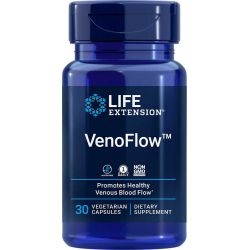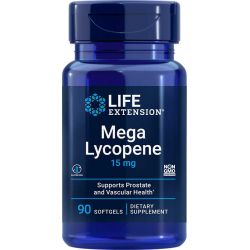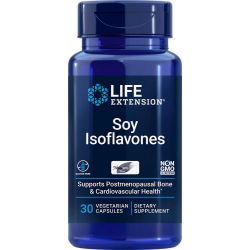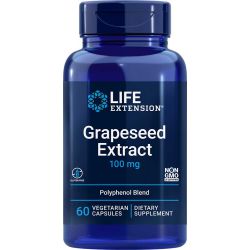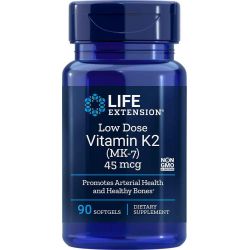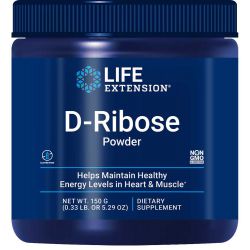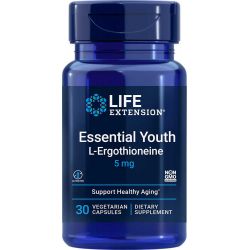NKO™ Krill Oil
Category: Heart and circulatory system
Manufacturer: Kenay GmbH
Cardiovascular support and more
- Cardiovascular disease prevention
- Shows triglyceride-lowering effects
- Shows anti-inflammatory effects
- Shows neuroprotective effects
- Supports joint health
- No fishy aftertaste, heartburn or other side effects
In stock
By buying this product you can collect up to 33 loyalty points. Your cart will total 33 points that can be converted during next order into a voucher of 1,65 €.

Volume discounts
| Quantity | Price | You Save |
|---|---|---|
| 2 | 32,56 € | Up to 2,71 € |
| 4 | 31,88 € | Up to 8,14 € |
More info
NKO™ Krill Oil
60 capsules
Item Catalog Number: K0369EN
Krill oil
Antarctic krill plays important role in marine ecosystem as a feed for most fish. Krill is know source of highly bioavailable omega-3 fatty acids.
Krill oil contains a unique composition of lipids with a high concentration of phospholipids, eicosapentaenoic acid (EPA) and docosahexaenoic acid (DHA). It also contains considerable amounts of other bioactive components such as astaxanthin, sterols, tocopherols, vitamin A, flavonoids, and minerals.[1,2] The NKO™ formula is a synergistic combination of essential fatty acids, phospholipids and antioxidants.
Because of astaxanthin, krill oil is more durable and does not turn rancid like traditional fish oils. Our NKO™ Krill Oil supplement has no unpleasant, fishy aftertaste. Moreover, it doesn't cause or worsen heartburn. It also doesn't cause other side effects.
Krill oil shows various health benefits, including anti-inflammatory effects, cardiovascular disease prevention and neuroprotection.[1,2]
Benefits at a Glance:
- Cardiovascular disease prevention
- Shows triglyceride-lowering effects
- Shows anti-inflammatory effects
- Shows neuroprotective effects
- Supports joint health
- No fishy aftertaste, heartburn or other side effects
Cardiovascular health
Important risk factors of Cardiovascular diseases include high blood pressure, high serum triglycerides, low HDL-cholesterol level, endothelial dysfunction and tendency to thrombosis and inflammation.[12]
Large number of studies shows that EPA and DHA lower triglycerides [12,13], lower the blood pressure (both systolic and diastolic) [12,13,14], regulate heart function and stabilizing the heart rate [12,13,15-17], reduce platelet aggregation [12,18] and reduce the level of triglycerides.
It has been proven that the use of omega-3 fatty acids reduces mortality from cardiovascular diseases.
Krill oil lowers triglyceride levels
Krill oil supplementation lowers serum triglyceride without increasing low-density lipoprotein cholesterol in adults with borderline high or high triglyceride levels.[6,7]
In a 12-weeks trial, 300 male and female subjects were included in a double-blind, randomized, multi-center, placebo-controlled study with five treatment groups: placebo (olive oil) or 0.5, 1, 2, or 4 g/day of krill oil.[6,7]
Serum lipids were measured after an overnight fast at baseline, 6 and 12 weeks. Relative to subjects in the placebo group, those administered krill oil had a statistically significant calculated reduction in serum triglyceride levels of 10.2%. Moreover, LDL levels were not increased in the krill oil groups relative to the placebo group. The outcome of the pooled analysis suggests that krill oil is effective in reducing a cardiovascular risk factor.[6,7]
Krill oil shows anti-inflammatory effects
As fish oils, also krill oil increase plasma and cell membrane concentrations of omega-3 fatty acids.
Astaxanthin, found in krill oil, is a poten antioxidant which has been shown to also have anti-inflammatory. Those properties may help fight the negative effects of free radicals on brain and nervous system. [4] Astaxanthin also boost mitochondrial function.
Krill oil shows neuroprotective effects
Omega-3 fatty acids found in krill oil have better bioavailability than those derived from fish oil. In krill oil, EPA and DHA are found as fospholipids whille in fish oil, the DHA and EPA are found as triglycerides.[4] Krill oil contains ultra-potent phospholipids that may help to maintain normal brain function. Phospholipids also enhances cell signaling which is crucial for both, healthy nervous system and brain functions.[3]
Human studies confirm cognition and memory improvement with Krill's omega-3 supplementation. One study showed that krill oil enhanced cognitive function in a group of older men by increasing oxygen delivery to their brains. DHA in krill oil is bound to phospholipids, thus it why is more effectively incorporated into the critical cell membrane in brain cells. [3]
Krill oil supports joint health
Krill oil may reduce arthritis and joint pain. Ninety patients were participated with diagnosed cardiovascular disease, rheumatoid arthritis and osteoarthritis. One group received 300 mg of krill oil daily and second group received a placebo. The study showed that krill oil at a daily dose of 300 mg significantly inhibits inflammation and reduces arthritic symptoms within a short treatment period of 7 and 14 days.[10,11]
In a 6-month multicenter, randomized, double-blind, placebo-controlled trial, Krill oil improved osteoarthritic knee pain in adults with mild to moderate knee osteoarthritis.[9]
Supplement Facts
Daily dose: 2 capsules
| Amount per day: (2 capsules) | |
|---|---|
| Lipid extract from the Antarctic krill crustacean /NKO™/ (Euphasia superba) | 1000 mg |
| Phospholipids | 450 mg |
| Omega-3: | 250 mg |
| EPA (eicosapentaenoic acid) | 135 mg |
| DHA (docosahexaenoic acid) | 60 mg |
| Omega-9 | 80 mg |
| Choline | 50 mg |
| Omega-6 | 10 mg |
| Astaxanthin | 0,4 mg |
| Ingredients: lipid extract from the crustacean Antarctic krill (Euphasia superba); softgel: fish gelatin; humectant: glycerol; sweetener: sorbitol. | |
Eco-HarvestingTM is a trademark of Aker BioMarine.
Dosage and Use
Take 1 (one) capsule 2 times a day, while eating or as recommended by a healthcare practitioner.
Storage: Store in a closed container at room temperature, out of the reach of small children.
Warnings:
Before you start using any dietary supplement, consult your doctor.
Dietary supplements are not medicines.
Do not exceed the recommended daily dose.
Dietary supplements cannot be used as a substitute for a varied diet.
Do not use in case of hypersensitivity to any ingredient of the preparation.
The product should not be used by pregnant or breastfeeding women and children and adolescents under 18 years of age.
- https://pubmed.ncbi.nlm.nih.gov/33336946/
- Dan Xie, Mengyue Gong, Wei Wei, Jun Jin, Xiaosan Wang, Xingguo Wang, Qingzhe Jin "Antarctic Krill (Euphausia superba) Oil: A Comprehensive Review of Chemical Composition, Extraction Technologies, Health Benefits, and Current Applications"
- https://www.lifeextension.com/magazine/2011/11/krill-oil-optimizes-multimodal-arthritis-control
- https://health.clevelandclinic.org/krill-oil-vs-fish-oil
- https://www.consumerlab.com/krill-oil-omega-3/
- https://pubmed.ncbi.nlm.nih.gov/24461313/
- Kjetil Berge, Kathy Musa-Veloso, Melody Harwood, Nils Hoem , Lena Burri "Krill oil supplementation lowers serum triglycerides without increasing low-density lipoprotein cholesterol in adults with borderline high or high triglyceride levels " PMID: 24461313 DOI: 10.1016/j.nutres.2013.12.003
- https://www.ncbi.nlm.nih.gov/pmc/articles/PMC3257651/
- https://pubmed.ncbi.nlm.nih.gov/35880828/
- https://www.tandfonline.com/doi/abs/10.1080/07315724.2007.10719584
- Luisa Deutsch "Evaluation of the Effect of Neptune Krill Oil on Chronic Inflammation and Arthritic Symptoms" Pages 39-48 | Received 30 Apr 2005, Accepted 12 Sep 2006, Published online: 14 Jun 2013
- https://www.ncbi.nlm.nih.gov/pmc/articles/PMC7072971/
- AbuMweis S., Jew S., Tayyem R., Agraib L. Eicosapentaenoic acid and docosahexaenoic acid containing supplements modulate risk factors for cardiovascular disease: A meta-analysis of randomised placebo-control human clinical trials. J. Hum. Nutr. Diet. 2018;31:67–84. doi: 10.1111/jhn.12493.
- Miller P.E., Van Elswyk M., Alexander D.D. Long-chain omega-3 fatty acids eicosapentaenoic acid and docosahexaenoic acid and blood pressure: A meta-analysis of randomized controlled trials. Am. J. Hypertens. 2014;27:885–896. doi: 10.1093/ajh/hpu024.
- Mozaffarian D., Geelen A., Brouwer I.A., Geleijnse J.M., Zock P.L., Katan M.B. Effect of fish oil on heart rate in humans: A meta-analysis of randomized controlled trials. Circulation. 2005;112:1945–1952. doi: 10.1161/CIRCULATIONAHA.105.556886.
- Xin W., Wei W., Li X. Short-term effects of fish-oil supplementation on heart rate variability in humans: A meta-analysis of randomized controlled trials. Am. J. Clin. Nutr. 2013;97:926–935. doi: 10.3945/ajcn.112.049833.
- Hidayat K., Yang J., Zhang Z., Chen G.-C., Qin L.-Q., Eggersdorfer M., Zhang W. Effect of omega-3 long-chain polyunsaturated fatty acid supplementation on heart rate: A meta-analysis of randomized controlled trials. Eur. J. Clin. Nutr. 2017 doi: 10.1038/s41430-017-0052-3.
- Gao L., Cao J., Mao Q.X., Lu X.X., Zhou X.L., Fan L. Influence of omega-3 polyunsaturated fatty acid-supplementation on platelet aggregation in humans: A meta-analysis of randomized controlled trials. Atherosclerosis. 2013;226:328–334. doi: 10.1016/j.atherosclerosis.2012.10.056.

